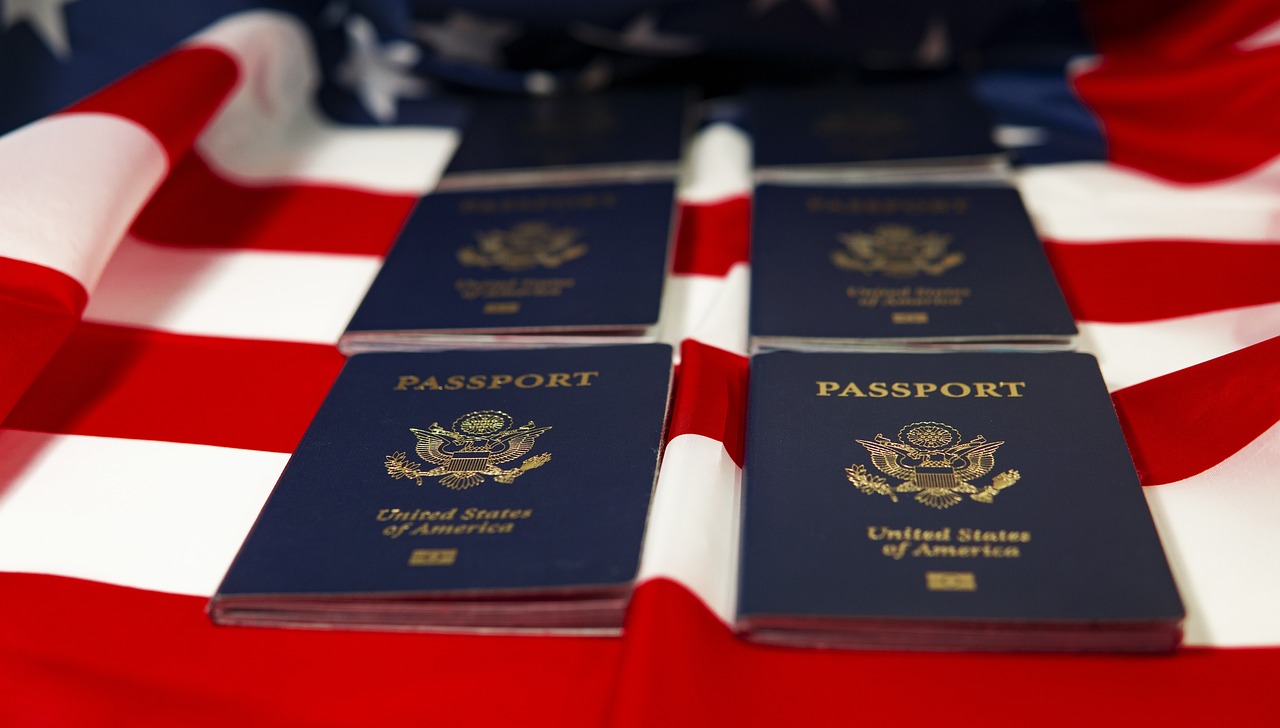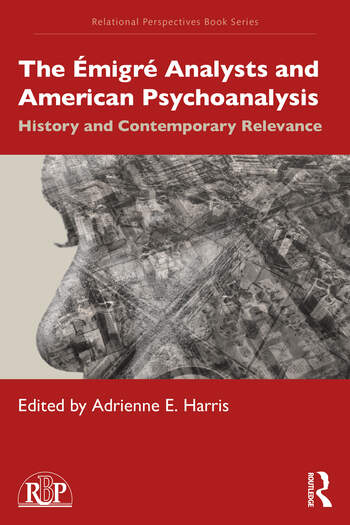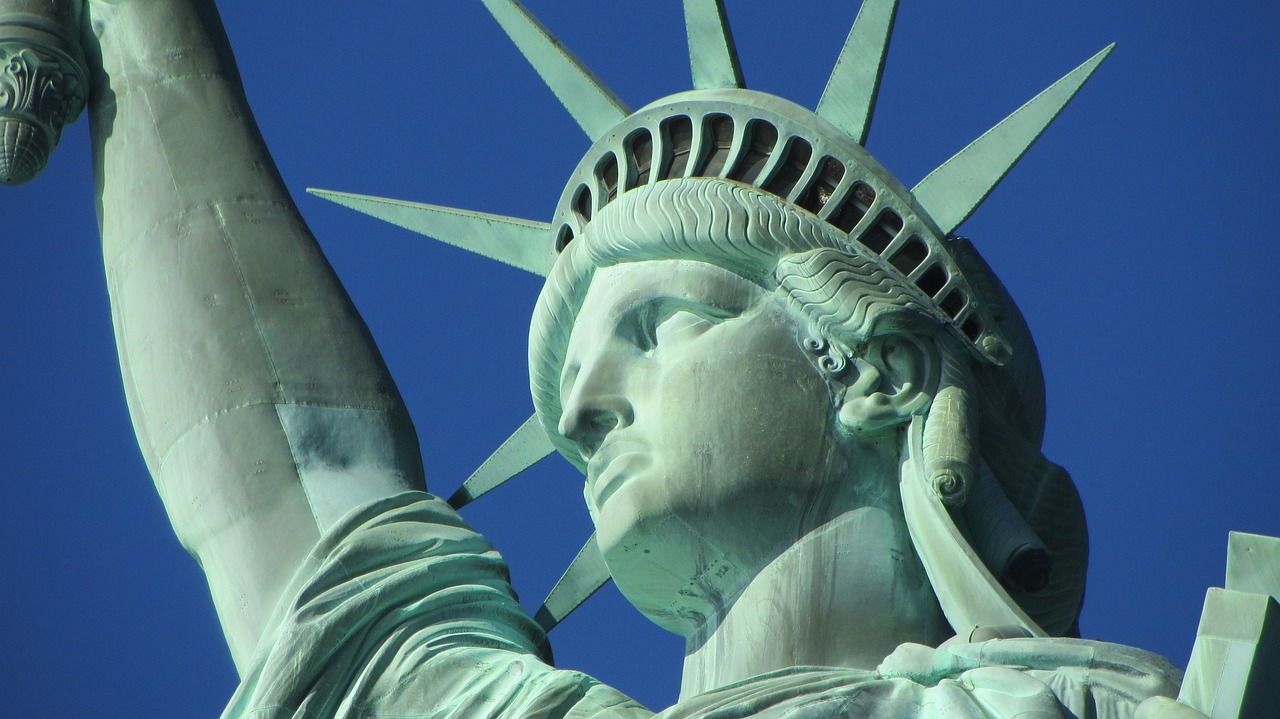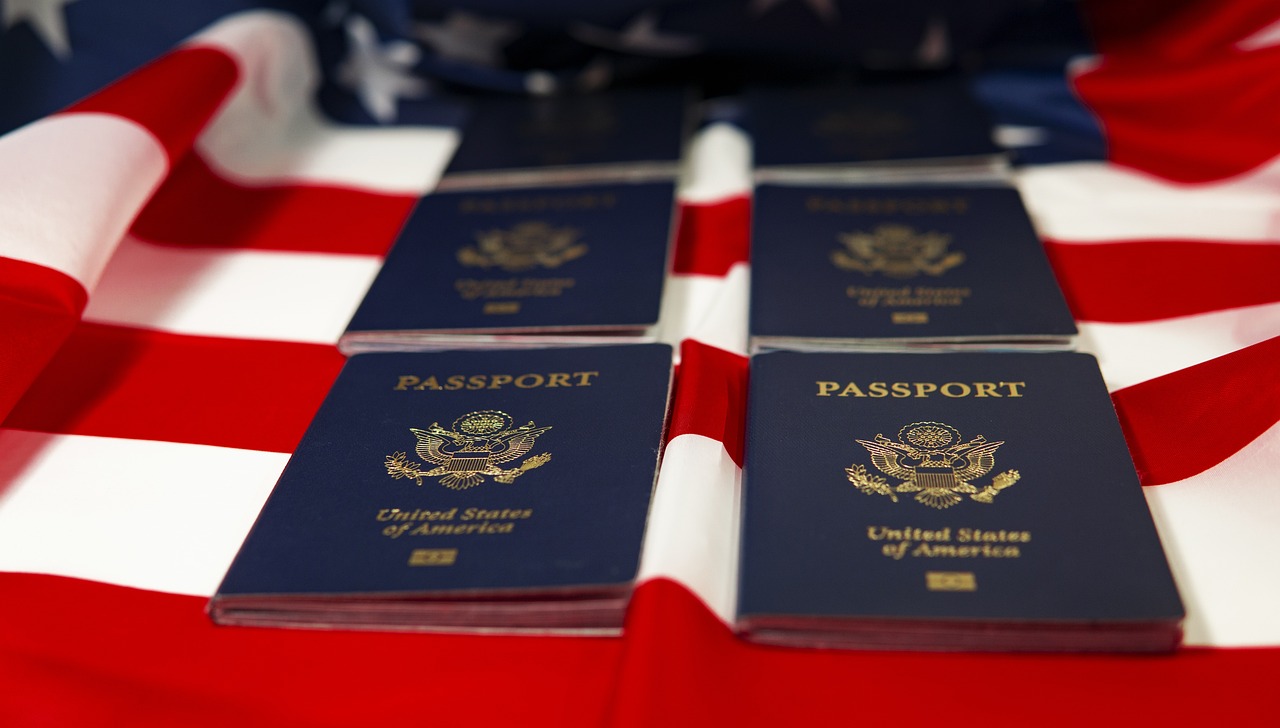Introduction
Liberty and freedom have been fundamental principles woven into the very fabric of the United States since its inception. These ideals have played a pivotal role in shaping American identity, influencing the nation’s history, culture, and values. In this article, we will delve into the profound significance of liberty and freedom in American society, exploring their historical roots, contemporary relevance, and enduring impact on the American ethos.
Liberty and freedom, often described as the bedrock of American values, have indeed been integral to the United States since its founding. These ideals have left an indelible mark on the nation’s identity, serving as guiding lights that have shaped its history, culture, and core values. As we delve into the profound significance of liberty and freedom in American society, it becomes evident that these principles are not mere words in a historical document; they are living, breathing forces that continue to influence the nation’s character, its approach to governance, and its role in the world.
Historical Roots:
Liberty and freedom are deeply rooted in the American psyche and trace their origins to the very birth of the nation. The American Revolution, a struggle for independence and self-determination, epitomized the yearning for freedom from external rule and oppression. The Declaration of Independence, with its immortal words declaring that “all men are created equal” and endowed with “certain unalienable Rights,” solidified these ideals as the foundation of the new republic.
Throughout American history, liberty and freedom have been invoked in movements for civil rights, women’s suffrage, and social justice. They have been the rallying cries of marginalized communities seeking equal rights and a voice in shaping the nation’s destiny. These ideals have continually evolved, expanding to encompass a broader understanding of individual rights and the collective responsibility to protect them.
Contemporary Relevance:
In the 21st century, the concepts of liberty and freedom remain as pertinent as ever. They continue to inform critical debates on issues such as privacy, free speech, and the role of government. Americans grapple with questions about the balance between individual liberties and the collective good, particularly in the face of new challenges such as cybersecurity and the rapid pace of technological advancement.
Contemporary interpretations of freedom extend beyond political and civil liberties to encompass economic opportunity, educational access, and healthcare. The pursuit of happiness, as enshrined in the Declaration of Independence, is viewed as a multidimensional quest that includes physical, emotional, and financial well-being. As such, liberty and freedom are integral to discussions about healthcare reform, economic inequality, and social safety nets.
Enduring Impact on the American Ethos:
Liberty and freedom are at the heart of the American ethos, shaping the nation’s self-image and its role on the global stage. The United States often portrays itself as a champion of democracy and individual rights, advocating for these principles internationally. It has been a beacon of hope for people around the world seeking refuge from persecution and oppression, embodying the idea that freedom is a universal aspiration.
The ongoing quest to fully realize these ideals serves as a unifying force within American society. It drives individuals, communities, and policymakers to continually reassess and uphold the nation’s commitment to liberty and freedom. These ideals inspire citizens to engage in civic discourse, challenge injustice, and strive for a more inclusive and equitable society.
In conclusion, liberty and freedom are not static concepts confined to the past; they are dynamic, evolving principles that continue to shape the American identity. Their historical roots, contemporary relevance, and enduring impact on the American ethos underscore their profound significance in the nation’s journey. As the United States navigates the challenges of the present and future, these ideals remain central to its ongoing pursuit of a more perfect union.
If you’d like to dive deeper into this subject, there’s more to discover on this page: Freedom of Expression | American Civil Liberties Union
Founding PrinciplesThe American Revolution, a defining moment in the nation’s history, was driven by the quest for liberty and freedom from British colonial rule. The Declaration of Independence, authored by Thomas Jefferson in 1776, eloquently articulated the belief that all individuals are endowed with unalienable rights, including the right to life, liberty, and the pursuit of happiness.
The Constitution and Bill of RightsThe U.S. Constitution, ratified in 1787, established the framework for a federal government that was designed to safeguard individual liberties. The Bill of Rights, the first ten amendments to the Constitution, explicitly protected citizens’ freedoms, including freedom of speech, religion, and the press, as well as the right to bear arms and due process of law.
For additional details, consider exploring the related content available here The Contested History of American Freedom

Political DiscourseThe concepts of liberty and freedom continue to shape political discourse in the United States. Debates over the role of government, individual rights, and the balance between freedom and security remain at the forefront of national discussions.
Social MovementsThroughout American history, various social movements have been rooted in the pursuit of liberty and freedom. The civil rights movement of the 1960s, for example, sought to secure equal rights and freedoms for all Americans, irrespective of their race or ethnicity.
Political discourse in the United States is inextricably linked to the enduring concepts of liberty and freedom. These ideals have not only shaped the nation’s history but continue to influence contemporary discussions and policies in profound ways. Here, we delve into how the concepts of liberty and freedom are central to various aspects of American political discourse:
Government’s Role: The question of the government’s role in safeguarding or potentially infringing upon individual liberty remains a perennial topic of debate. Conversations surrounding the size and scope of government, the protection of civil liberties, and the boundaries of state intervention revolve around the core principles of liberty and freedom.
Individual Rights: The United States Constitution, with its Bill of Rights, is a testament to the nation’s commitment to individual rights and freedoms. Political discourse often revolves around the interpretation and preservation of these rights, including freedom of speech, religion, and the right to bear arms.
Balancing Freedom and Security: Achieving the delicate balance between individual freedoms and national security is a recurring challenge. Discussions on topics like surveillance, privacy, and counterterrorism measures force policymakers and citizens alike to grapple with how to protect the nation while respecting individual liberties.
Equality and Inclusion: The quest for liberty and freedom extends beyond personal rights to encompass societal equality and inclusion. Social movements continue to advocate for equal treatment under the law, irrespective of race, gender, sexual orientation, or other identities. These discussions emphasize the importance of freedom from discrimination as a cornerstone of American democracy.
Immigration and Citizenship: Immigration policy debates often intersect with the principles of liberty and freedom. Questions about who should have the opportunity to pursue the American dream, the rights of undocumented immigrants, and the role of borders in safeguarding or limiting freedom are at the heart of these discussions.
Economic Freedom: Economic policy debates center on the balance between capitalism, which champions economic freedom, and government regulation, which can be perceived as limiting it. Discussions on taxation, business regulations, and social safety nets revolve around the economic dimensions of freedom.
Healthcare and Education: Access to quality healthcare and education is viewed by many as essential for ensuring individual liberty and opportunity. Conversations about healthcare reform and education policy focus on how to expand access and enhance freedom through improved healthcare and education systems.
International Relations: America’s role in the world is a subject of political discourse, with questions about military interventions, trade policies, and international cooperation directly tied to the nation’s commitment to promoting freedom and democracy beyond its borders.
Environmental Stewardship: Environmental discussions encompass the concept of freedom from environmental harm. Debates on climate change, conservation, and energy policies weigh the need for environmental protection against potential economic impacts, highlighting the complex interplay between freedom and sustainability.
Civic Engagement: Civic participation and activism are integral to American democracy. Citizens exercise their freedom by engaging in political processes, advocating for change, and holding elected officials accountable. These activities contribute to the ongoing evolution of the nation’s political landscape.
In essence, liberty and freedom remain the bedrock of American political discourse, influencing conversations about the role of government, individual rights, social justice, and the nation’s position on the global stage. These concepts serve as a constant reminder of the enduring values that have shaped the United States and continue to shape its future.
For a comprehensive look at this subject, we invite you to read more on this dedicated page: The Pursuit of Happiness and American Freedom: An Enduring Ideal

The Land of OpportunityThe idea of America as the “land of opportunity” is closely tied to the promise of liberty and freedom. Immigrants from around the world have sought refuge in the United States, drawn by the belief that they can build better lives for themselves and their families.
Cultural DiversityThe United States’ rich tapestry of cultures and backgrounds is a testament to the freedoms and liberties that have attracted people from all corners of the globe. This diversity has shaped American cuisine, art, music, and literature, contributing to the nation’s unique cultural identity.
Global InfluenceAmerica’s commitment to freedom and democracy has had a profound global impact. The nation has often served as a beacon of hope and inspiration for movements seeking self-determination and human rights around the world.
Explore this link for a more extensive examination of the topic: Stories – A New African American Identity: The Harlem Renaissance

Conclusion
Liberty and freedom are not mere abstract concepts in the United States; they are the bedrock upon which American identity is built. These ideals have shaped the nation’s history, informed its values, and continue to guide its path forward. As Americans grapple with the complexities of preserving individual liberties while fostering a more just and equitable society, the enduring belief in liberty and freedom remains a unifying force that defines what it means to be American.
Liberty and freedom stand as pillars of the American identity, deeply embedded in the nation’s DNA. These ideals are not just theoretical notions; they are the very essence of what it means to be American. Their historical significance, ongoing relevance, and complex interplay with contemporary challenges continue to shape the American experience in profound ways.
1. Historical Significance: The struggle for liberty and freedom has been central to the American narrative from its inception. The American Revolution, with its call for independence and self-determination, was a watershed moment that laid the groundwork for the nation’s enduring commitment to individual liberties.
2. Values and Principles: The ideals of liberty and freedom are not abstract, but rather a set of values and principles that underpin the American system of government and society. They include the freedom of speech, the right to assemble, religious liberty, and the pursuit of happiness.
3. Evolving Interpretations: Over time, the interpretation of these ideals has evolved to encompass broader notions of equality, civil rights, and social justice. Americans have grappled with how to balance individual freedoms with the collective goal of creating a more equitable society.
4. The Rule of Law: Liberty and freedom are not unbridled; they are subject to the rule of law. The legal system and the Constitution act as safeguards to ensure that individual rights are protected and that justice is served.
5. Unifying Force: Liberty and freedom transcend political, ideological, and cultural divides. They are unifying forces that bring together Americans of diverse backgrounds, beliefs, and perspectives. These ideals remind citizens of their shared commitment to the principles that define the nation.
6. Challenges and Debates: The ongoing debates about the scope and limits of individual liberties are intrinsic to the American experience. Issues such as privacy, surveillance, free speech on social media, and the balance between security and civil liberties continue to challenge policymakers and citizens alike.
7. Global Influence: The belief in liberty and freedom has had a profound influence on the global stage. The United States has often been seen as a beacon of hope and a model for countries striving to establish democratic systems that protect the rights and freedoms of their citizens.
8. Striving for Equality: The American journey has also been one of striving to extend the promises of liberty and freedom to all citizens, regardless of race, gender, ethnicity, or socioeconomic status. The struggle for civil rights and social justice is a testament to the nation’s ongoing commitment to these ideals.
9. Balancing Act: Balancing individual liberties with collective responsibilities is an ongoing challenge. Americans must grapple with how to protect freedoms while addressing issues such as public health, environmental sustainability, and economic inequality.
10. Guiding Light: In an ever-changing world, the enduring belief in liberty and freedom remains a guiding light. It serves as a reminder of the nation’s commitment to individual rights, the rule of law, and the pursuit of a more perfect union.
In conclusion, liberty and freedom are not static concepts but living principles that continue to shape the American identity. They provide a framework for navigating complex issues, fostering unity, and striving for a more just and equitable society. As Americans confront the challenges of the 21st century, their enduring belief in these ideals will continue to guide their path forward and define the essence of what it means to be American.
You can also read more about this here: Freedom of Expression | American Civil Liberties Union
More links
Looking for more insights? You’ll find them right here in our extended coverage: Cornerstone of Liberty | Cato Institute
